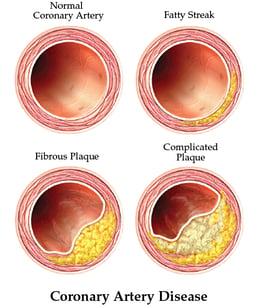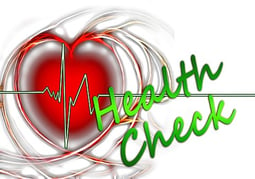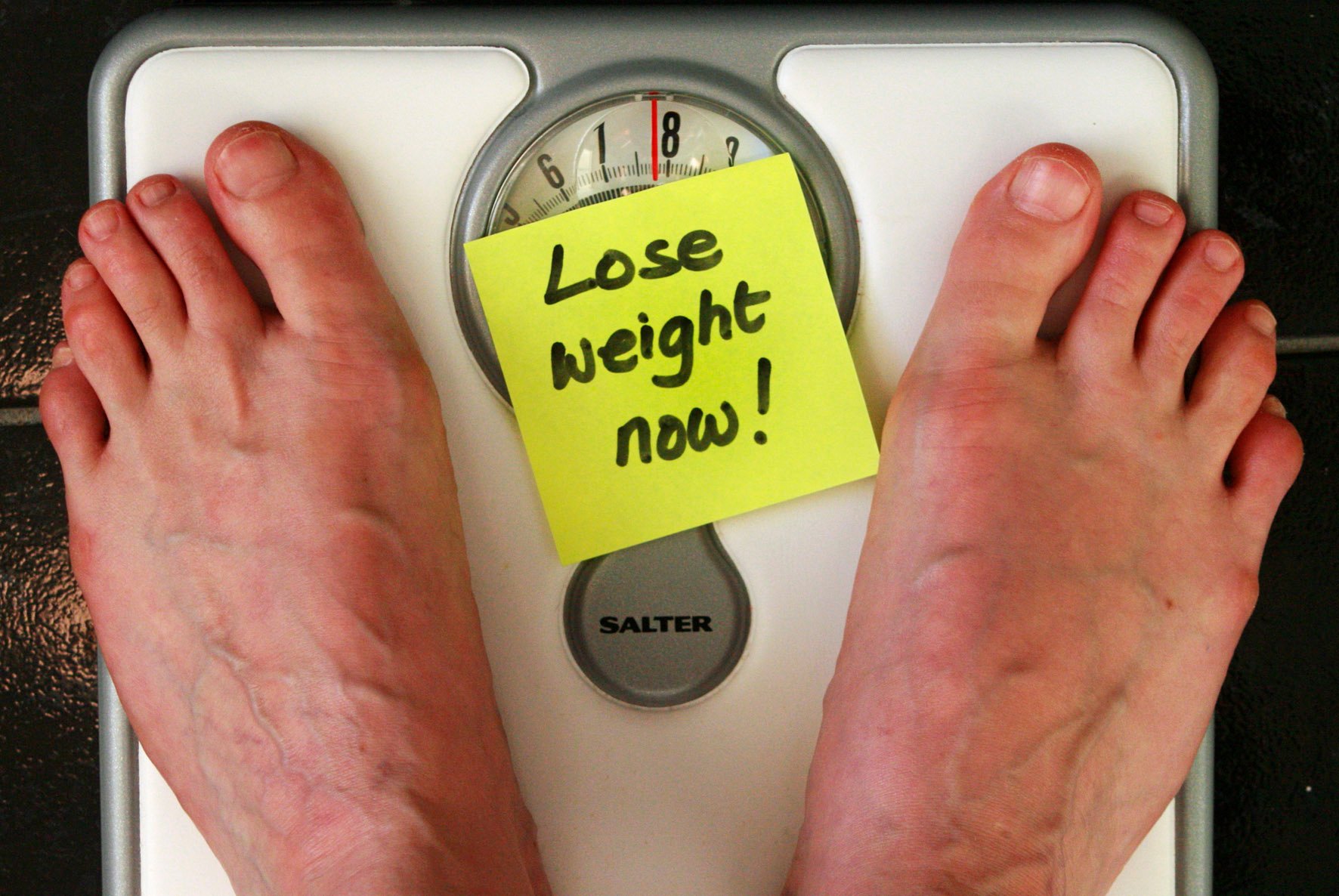BACKGROUND: Having high cholesterol and a red flagged cholesterol profile, or in other words having hypercholesterolemia, is a serious risk factor for coronary heart disease. Clinical studies have shown that lowering elevated serum cholesterol levels, particularly the “bad” low-density lipoprotein cholesterol (LDL), is beneficial for patients with borderline to mildly elevated serum total cholesterol levels. In this topic of discussion surrounding an effective solution to lowering LDL, policosanol is a cholesterol-lowering compound made from purified sugar cane wax.
It is well-known that policosanol is extremely safe and can improve serum lipid & cholesterol profiles, although the physiological mechanism of action of doing so is still not 100% understood. We do however, have a great amount of insight coming from a plethora of studies and consumer usage over the years.
Where Does Policosanol Come From?
Policosanol is a natural supplement made from sugar cane, the main ingredient being octacosanol. Octacosanol is an alcohol found in the waxy film that plants have over their leaves and fruit. The rinds and leaves of many citrus fruits contain octacosanol.
Function; Why Policosanol is Recommended
 Policosanol works by disrupting the body’s ability to make cholesterol, but its exact mechanism of action is not completely understood. In addition to improving serum lipids, policosanol reduces LDL (aka; “bad” cholesterol) oxidation, decreases platelet aggregation (aka; reduces blood clotting that may contribute to heart disease and/or stroke, etc.) and improves symptoms of cardiovascular disease. Side effects have almost never been heard of.
Policosanol works by disrupting the body’s ability to make cholesterol, but its exact mechanism of action is not completely understood. In addition to improving serum lipids, policosanol reduces LDL (aka; “bad” cholesterol) oxidation, decreases platelet aggregation (aka; reduces blood clotting that may contribute to heart disease and/or stroke, etc.) and improves symptoms of cardiovascular disease. Side effects have almost never been heard of.
Another action of policosanol is reducing the proliferation of cells. Healthy arteries are lined with smooth layers of cells so that blood can slide through with no resistance. Characteristics of diseased arteries is that this layer becomes thicker and overgrown with cells. As the artery narrows, blood flow slows down or may become totally blocked.
It’s suggested and has been shown, that policosanol can lower LDL cholesterol by as much as 20% and raise protective HDL cholesterol by 10%. This compares favorably over cholesterol-lowering drugs such as statins, which have come with side-effects such as liver damage and stress along with muscle weakness and atrophy.
Drug and Nutrient Interactions
Policosanol inhibits platelet aggregation and could potentially enhance the effectiveness of anticoagulant medications such as aspirin, intended to reduce blood clotting. What taken together, aspirin plus policosanol significantly inhibited the clumping action of platelets in humans — possibly preventing heart attacks. This, was shown in one of many studies showing the positive benefits of policosanol usage.
Side Effects and Toxicity
In a culmination of studies looking at nearly 28,000 patients; the most adverse effects were weight loss (0.07%), Polyuria, aka; excessive production and passage of urine (0.07%), insomnia (0.05%) and increased appetite (0.05%).
In clinical trials there were either no significant differences in adverse events or significantly more adverse events in placebo groups compared to groups taking policosanol.
Toxicity in dogs, rats, mice and monkeys have shown policosanol to be non-toxic and not carcinogenic at doses 1,000x the normal human dosage. This also showed no adverse effects on fertility, reproduction or development either.
Dosing Policosanol
Significant reductions in cholesterol can be expected with doses at 5-20mg per day. Anything greater can be taken with little to no risk of toxicity but, it may not offer any more benefits. The recommended dose for lending a helping hand to help improve one’s cholesterol profile is one 10mg pill once per day at night or, twice per day with meals; one in the afternoon and one in the evening.
Higher doses upward of 40mg per day however, may be suggested for lowering triglycerides. Starting on the lower end and working up is often suggested in a higher dosed case such as 40mg.
Stay Strong, Live Long
Healthy cholesterol lends to a healthy heart. And, a healthy heart helps to ensure that you don’t fall apart. As we have heard before; the greatest wealth is our health. And, a healthy heart is an important part of any successful HRT program through YOUTH-Rx.
 Being mindful of health markers and parameters is something the YOUTH-Rx team takes seriously to ensure long term success and wellness of all who engage in our programs. We believe that good health is good business. And, that we must take care of our bodies; It’s the only place we have to live in and we only get one of them!
Being mindful of health markers and parameters is something the YOUTH-Rx team takes seriously to ensure long term success and wellness of all who engage in our programs. We believe that good health is good business. And, that we must take care of our bodies; It’s the only place we have to live in and we only get one of them!
If you have questions, curiosities or interests in pursuing or about a program with YOUTH-Rx – Simply fill out the medical history form at the link below and one of experienced consultants can schedule a complimentary call to discuss where you’re at, where you want to be and how we may possibly be able to help you get there in the safest and most effective way.
Cheers to Wellness,
Roger and the YOUTH-Rx team
References:
7. Protective effect of policosanol on atherosclerotic plaque on aortas in monkeys.




